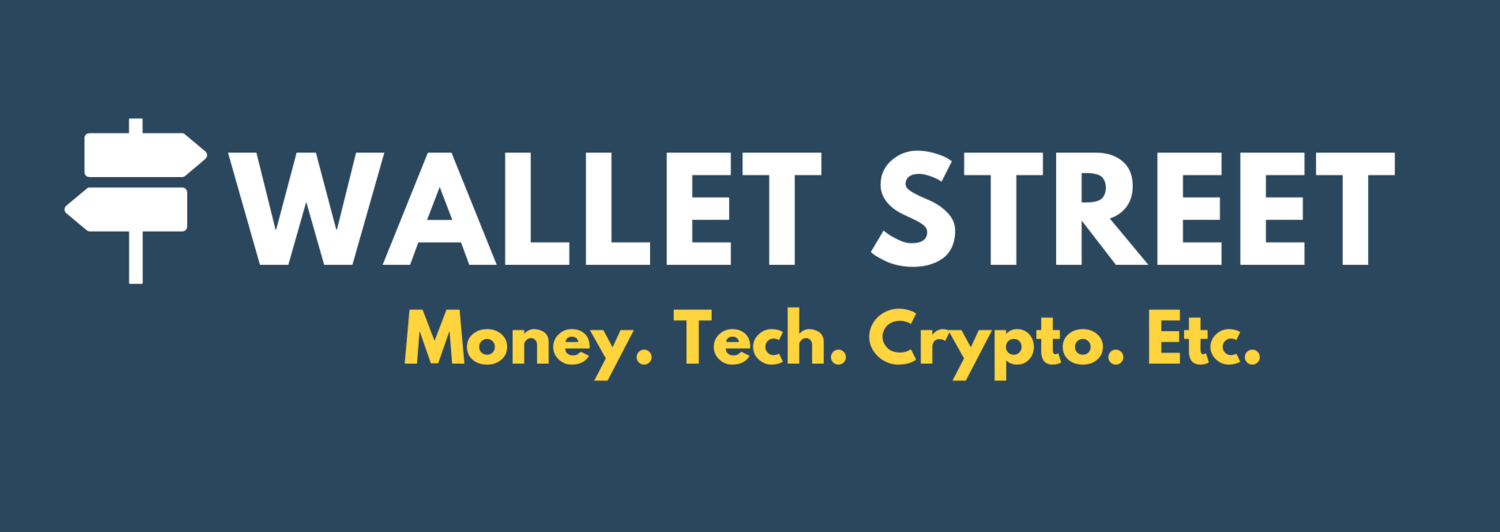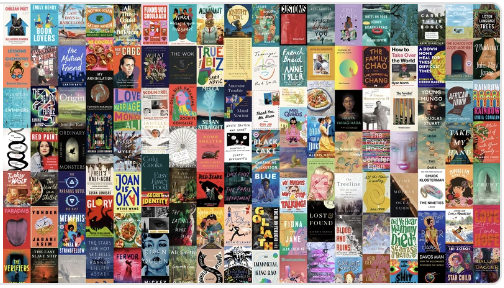Why it’s never too late to start
Throughout the 100 conversations project (sign up here to participate), a common phrase I hear a lot is “I feel like it’s too late.” Many of you feel like you missed the boat with the latest bull run in the stock and crypto markets and/or with other financial investments. I also have felt this way. I didn’t really start investing in the stock market until 2019, because in the 2013-2018 range I felt for sure that we were going to have a down run. As a result I missed out on a lot of gains. And I also feel like I missed the boat to sell at the high point of crypto last year.
BUT there’s a more optimistic outlook. 1) I have to force myself to remember that timing the markets is not something I personally will ever win at. I’m not a portfolio manager and/or trader and don’t spend my time looking at stock numbers all day. I don’t have the time nor the interest; so it’s not really realistic to expect hedge-fund type alpha returns and to know exactly when to buy/sell.
2) Dollar cost averaging can be hugely powerful. Rather than trying to find the perfect time to buy and/or sell, by doing a little at a time, over a long period of time, it will average out.
3) Cycles come and go, and there’s a reason they say patience is a virtue. The crazy gains we’ve seen in the last 4-5 years is an abnormal bull run. It’s like when you’re in your 20s and you can eat all the pizza and milkshakes in the world and your jeans still fit. At a certain point, things start to catch up and all of a sudden you’re in your 30s and your metabolism is like, yea, this is what eating only pizza and milkshakes actually does to most people. I feel like the markets are in that slowing metabolism phase.
4) I’ve been listening to a lot of Suze Orman’s podcast lately (she has some great stuff!). She has listeners who write in who are well into retirement and still learning and trying to figure out their finances. This gave me a lot of hope! Yea, I may have missed out on some stuff in my 20s, but starting at 34 is better than never.
As a result, I finally opened a high savings account for my emergency expenses, that earns more than the pitiful 0.01% it was earning before. (I know. I know. You don’t have to tell me. My mom has been telling me this for YEARS that I’m basically losing money because of inflation. I was so embarrassed about it that I just kinda avoided it and then never did it. Then got more embarrassed…which led to more avoidance. Etc. ) But rather than focusing on the personal shame I carry about this, I am choosing to focus on actually finally doing it and not waiting another however many years to do it. And damn, does it feel good.
In my conversations with many of you, I’ve heard some of these same sentiments as well. There seems to be a lot of negativity and despondence at not having done those things on that years-long to-do list: ‘I should have rolled over my 401ks a long time ago’, ‘I should probably look more at my investments’, etc.).
But my takeaway today is: just like it’s never too late to eat more vegetables, go for more walks, or stop smoking, it’s not too late to do that financial task you’ve been dreading to do.
And in the coming weeks I’ll be sharing a simple checklist of items that I keep hearing from you about and some actionable steps on how to get started.
Reader recognition
Every week, I get so many wonderful comments, article shares, and feedback from readers. Starting today, I’m resolved to do a better job of attributing these and giving credit where credit is due!
(Also, I’m very sensitive to privacy, so if you ever share/write to me and prefer I keep it anonymous, please let me know and I’ll follow your lead.)
Money & Crypto
55% of women confident in managing their money vs 48% 2 years ago according to a recent study (Thank you to Helene for sharing) (CNBC)
Liquidity providers for Target and Walmart overstock growing (Shoutout to Adrian who called this a long time ago as an interesting trend to watch) (WSJ)
100 households depict US income distribution. The inequality is jarring. (Visual Capitalist)
Bitcoin still hovering around $19K/$20K (CoinDesk)
Dealing with anti-money laundering laws for cross border crypto transactions (WSJ)
Turbulent times continue for crypto firms: Three Arrows Capital, crypto hedge fund, files for bankruptcy, (CoinDesk) Vauld, crypto exchange, pauses withdrawals (WSJ)
Will corporate debt be able to be repaid as markets cool? (Economist)
Etc.
“Why is LinkedIn so cringe?” (Thanks Luis for sharing)
A guide on how to limit data you’re sharing on your phone (and you may not even realize you’re doing it!)
33 problems media is facing today
Looking for a summer read? NPR’s Books We Love is back with categories such as It’s All Geek to Me, Seriously Great Writing, and The Dark Side
Podcast Pick of the Week
🎧 What is Time Blocking and how does it help with organization & work productivity (I’ve started doing this and I have to say it really helps!)
Reader Feedback
Email walletstreetpodcast@gmail.com to share your questions/comments.
In response to the recent post on the crypto market’s roller coaster , I wanted to share this response from Gus:
I think there's a few things I wanted to respond to since I see a couple of ideas in here that I feel are inherently at odds with each other basically, Is Bitcoin/crypto a currency or investment?
If it's a currency, we shouldn't be thinking of it in terms of returns or growth, we should think of it as a medium of exchange and a store of value. The past few months have been really rocky for both those aspects of crypto but nevertheless, thinking of a 'correction of value' or comparing it to stocks/housing/assets seems at odds with the concept of it being a currency/medium of exchange.
If Bitcoin/crypto is an asset, then what is the underlying value proposition? Stocks, bonds, and financial assets have a market due to an underlying value proposition and if we are to compare Bitcoin/crypto, what about the current market changed its value? If Bitcoin/crypto is an asset, then it's fair to think about it as returns or compare against stocks and talk about corrections and gains; however, at the same time we shouldn't be thinking of it as a medium of exchange or currency, right? It's a speculative asset like any other investment asset.
It's sort of like, when things are going well, crypto is spoken about as "the currency to replace the USD and other global currencies; democratize finance!"
When things are going bad we say, "hey! What did you expect? The price was too high and this is a correction to a more 'normal' level. All assets go through cycles!
Just my two Satochis ...."
Email walletstreetpodcast@gmail.com to share your questions/comments.
Disclaimer: All opinions are my own. The content on this site and on the podcast does not constitute financial, legal, accounting, tax, or investment advice.




